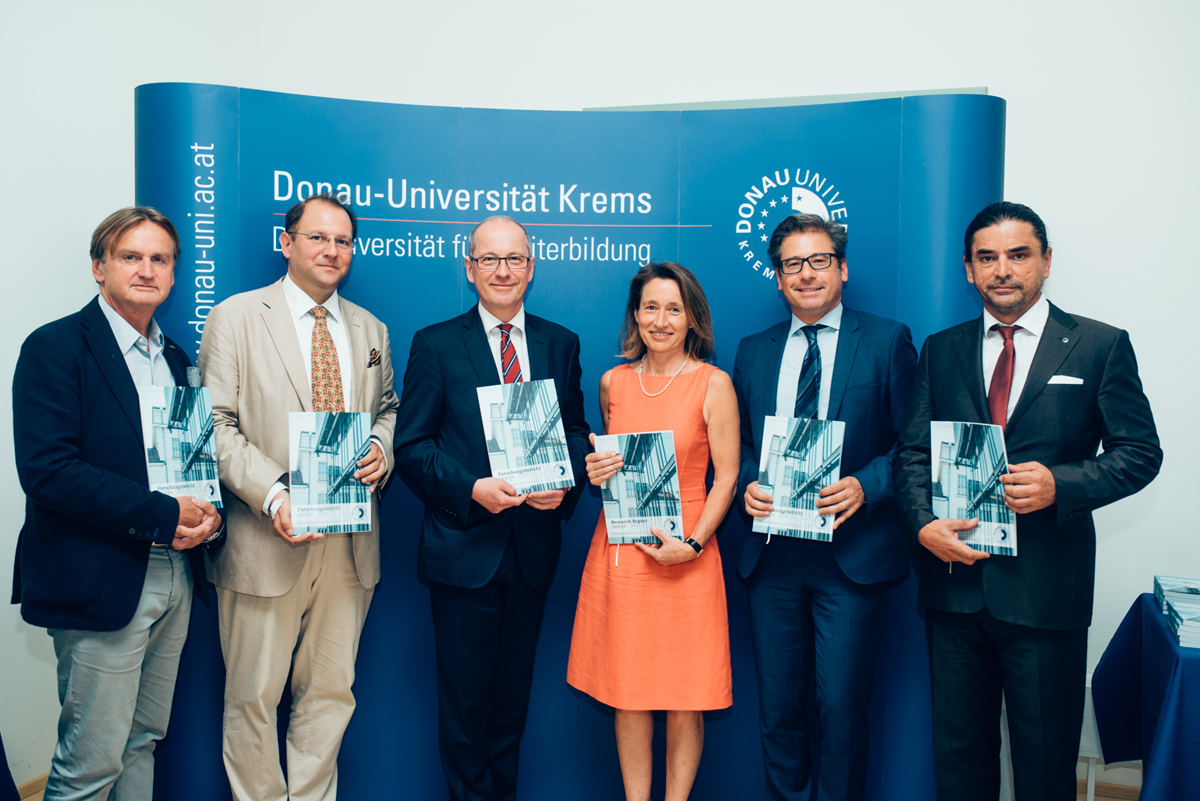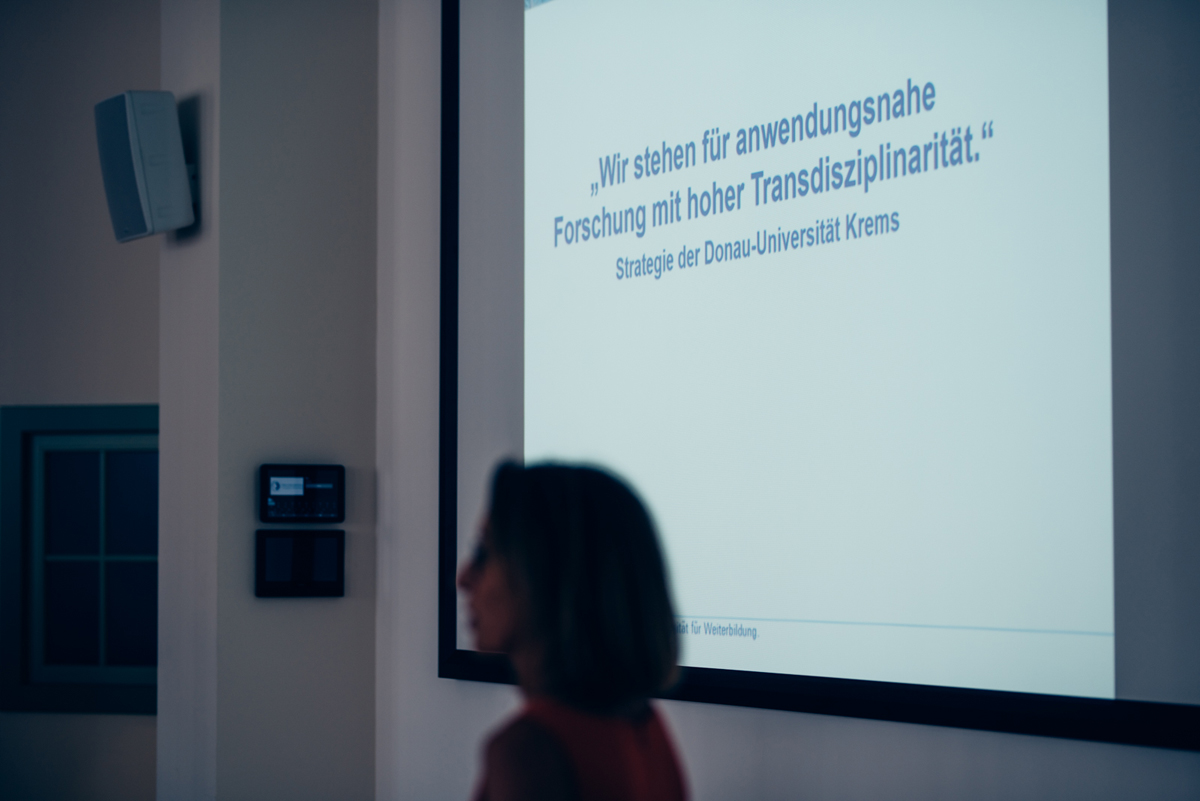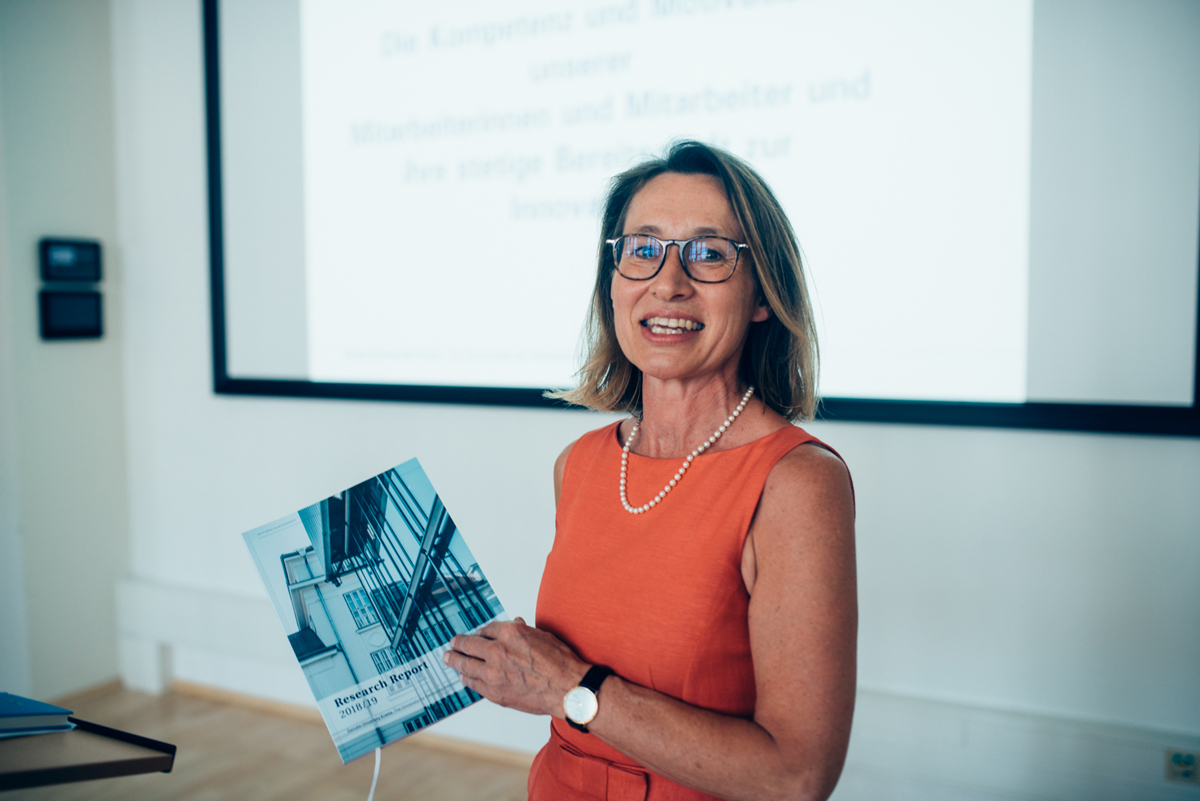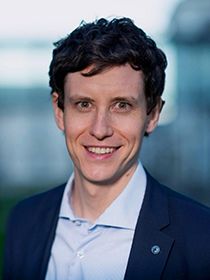The numbers of EU-funded research projects have increased, the opening of the Core Facility on Campus Krems lead to an extended modern research structure, and first graduations of the PhD program Regenerative Medicine: the research report 2018/19 traces a successful development of Danube University Krems’ research. The four main research fields Cohesive and Innovative Societies, Cultural Heritage, Regenerative Medicine and Lifelong Learning Research are outlined by a clear research profile throughout the University for Continuing Education building bridges between science and practice and by following its transdisciplinary approach.
In research Danube University Krems approaches transdisciplinarity on account of its strategic orientation. “We bridge basics and application and build bridges between science and practice. The impact our research has on society is ensured by the dynamics and innovation this transdisciplinary approach creates”, says Prof Viktoria Weber, Vice-Rector for Research, on the occasion of the research report’s presentation.
In 2018, Danube University Krems was able to raise 7.3 million euros in research third-party funds, an increase of more than one third compared to 2017 (5.4 million euros). Research expenditure in 2018 amounted up to 11.4 million euros. Research was carried out in 176 research projects in 2018, 31 of which were EU funding programs. Therefore the international network amid the research field of the University for Continuing Education has highly grown. In addition to 10 FWF-funded projects, the current research report also includes 23 projects financed by the Austrian Research Promotion Agency FFG.
The first students of the PhD-program Regenerative Medicine, launched in 2016, recently graduated. The first graduation of the PhD-program Global Studies is to follow approximately by the beginning of next year.
Facing societal challenges
Danube University Krems strives for a clear, sustainable research profile in its four research fields Cohesive and Innovative Societies, Cultural Heritage, Regenerative Medicine and Lifelong Learning Research. The three faculties and their departments provide a solid organizational foundation for research. Cross-over faculty research groups concentrate on topical issues beyond any discipline related boundaries. In collaboration with other universities Danube University Krems conducts ecological water research with “WasserCluster Lunz” and joined the Complexity Science Hub Vienna in 2018. Through analysis of large datasets the hub aims to understand complex relationships and their impact on society.
The research report 2018/19 of Danube University Krems is available on this website.





